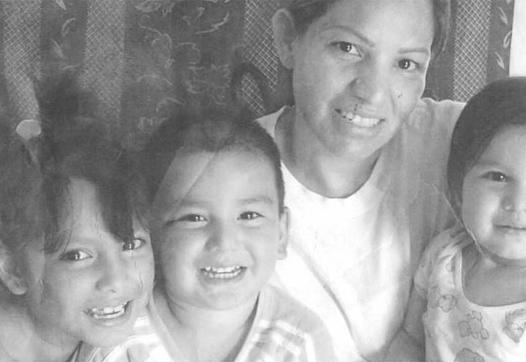
Latino immigrants in the U.S. have become "professional guinea pigs" in clinical trials, earning. Worse, they're underrepresented in beneficial studies but overrepresented in risky phase 1 trials.

Latino immigrants in the U.S. have become "professional guinea pigs" in clinical trials, earning. Worse, they're underrepresented in beneficial studies but overrepresented in risky phase 1 trials.
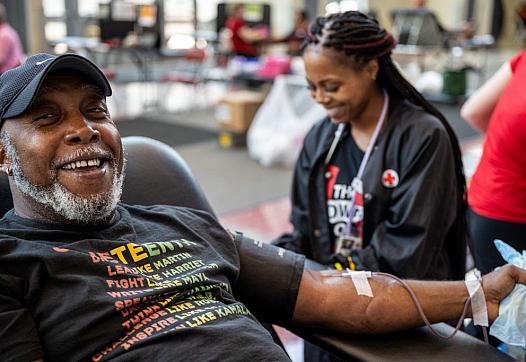
Communities of color are underrepresented in the donor pool, and the U.S. system faces broader problems, from overall donor shortages to demographic and seasonal swings.
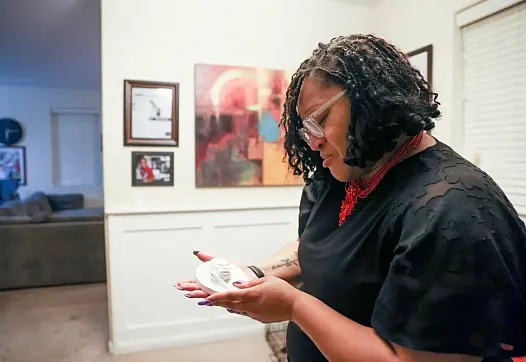
Oregon’s “Momnibus” legislative package looks to improve outcomes through multiple supports, including expanding access to doulas.
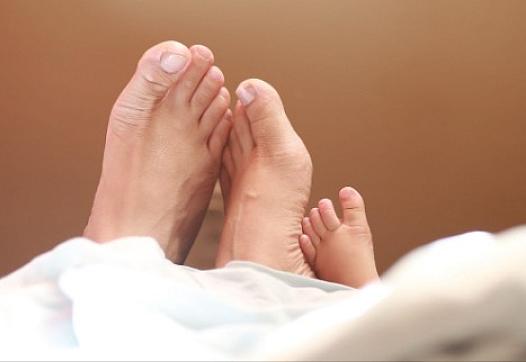
Chinese immigrant mothers in Southern California seeking care face language barriers, billing fights and fear of using public benefits. Many instead are turning to community clinics and informal networks.
The fear that they could lose their parents defines the daily lives of many children in immigrant families, with long-term consequences for their mental well-being.
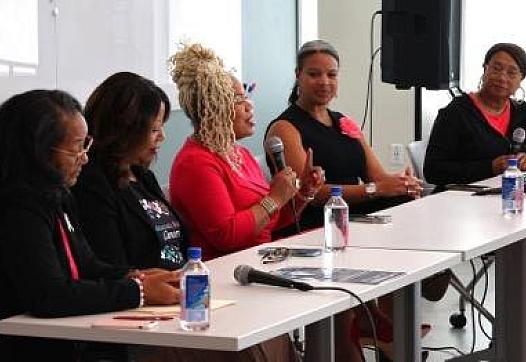
The quality of care can vary vastly between two clinics only 20 miles apart. Adrienne Bryant learned this the hard way after a recent mammogram.
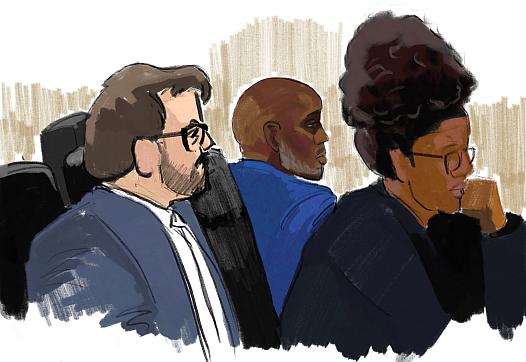
The verdict highlights the challenges of holding detention center staff accountable for alleged abuse, advocates say.
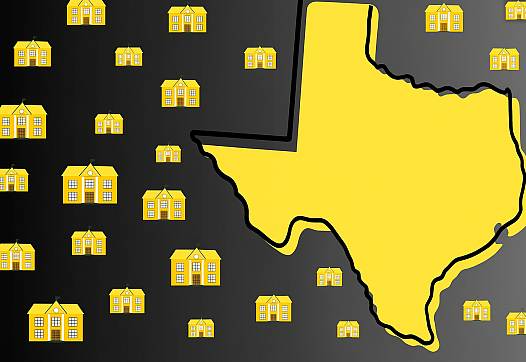
“The recommended ratio is one school psychologist per 500 students,” a representative from the Texas Association of School Psychologists said. “In Texas, we’re seeing numbers more like one psychologist for every 2,500 to 3,000 students.”

A musician's openness about schizophrenia spotlights persistent stigma and provider shortages in mental health care.
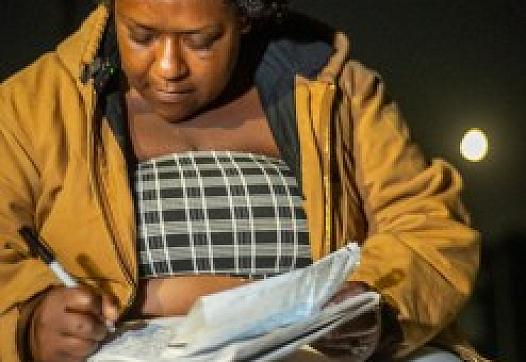
After Camp Resolution was cleared, Black Sacramentans like Satearah “Murphy,” Chop, and James describe loss, displacement and the need for support.